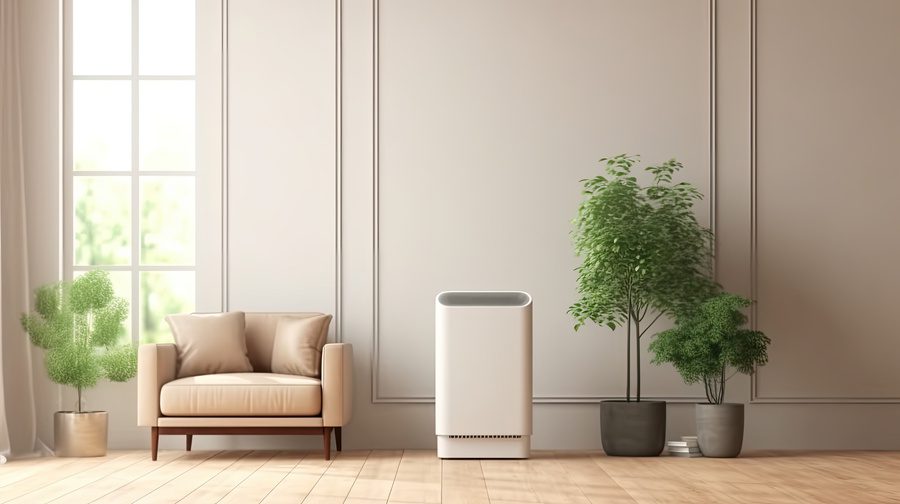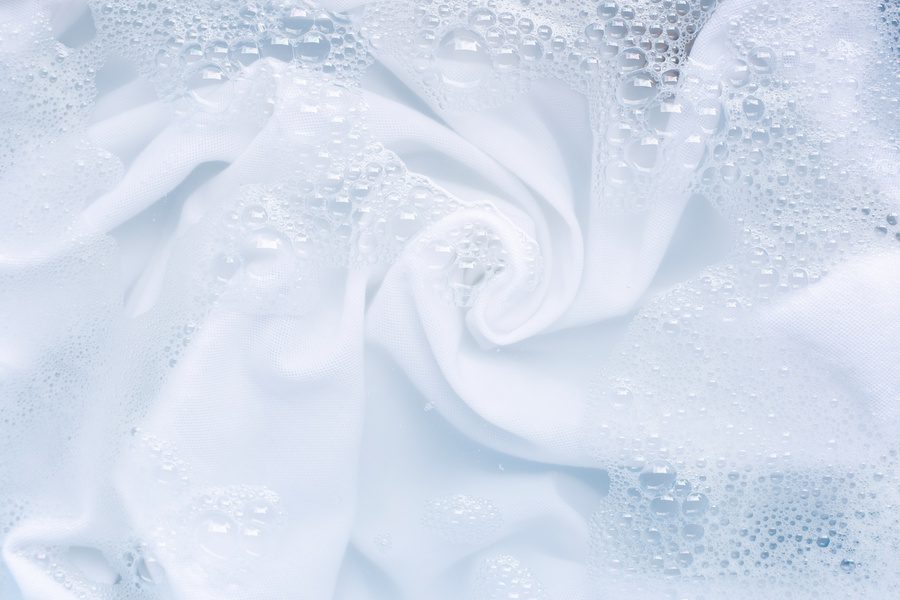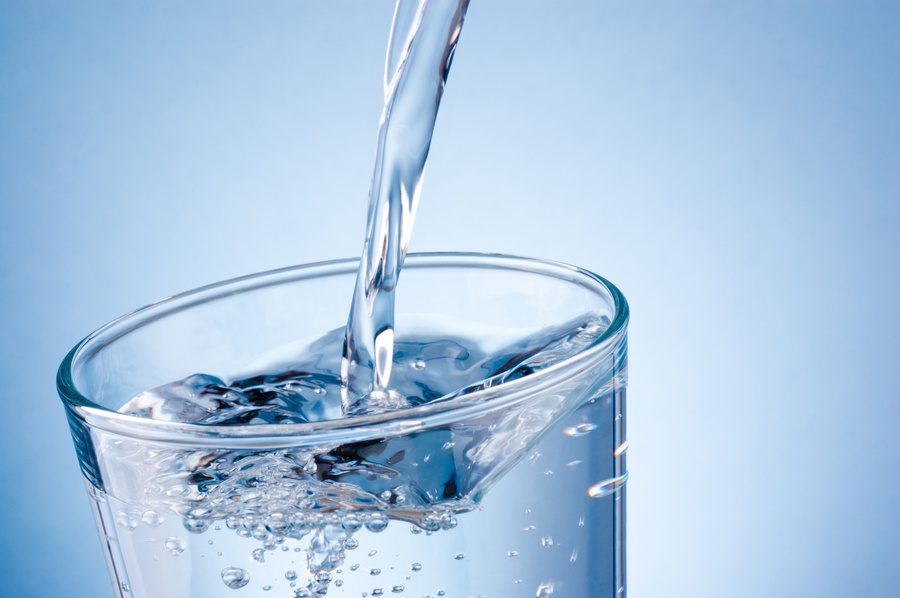Improving the air quality inside our homes has become more important than ever. Whether we’re trying to reduce allergens or simply breathe cleaner air, devices like air purifiers and humidifiers are top of mind. But which one truly benefits our home’s environment the most? At Rainsoft A & B Marketing, we help families make confident, informed choices about indoor air quality. So today, we’re breaking down the differences between air purifiers and humidifiers to help you decide which one is right for your space.
Understanding Air Purifiers
As advocates for cleaner, healthier homes, we often recommend air purifiers as the first step toward better air quality. These devices are designed to remove harmful particles from the air—including dust, pollen, smoke, pet dander, and even bacteria. If you’re dealing with allergies or asthma, air purifiers can make a noticeable difference in how you feel at home.
How Do Air Purifiers Work?
Most air purifiers rely on a combination of advanced technologies to filter and clean indoor air:
- HEPA Filters: High-Efficiency Particulate Air (HEPA) filters capture particles as small as 0.3 microns with an efficiency of 99.97%. This makes them highly effective against most airborne allergens.
- Activated Carbon Filters: These filters are excellent at trapping odors and chemical pollutants, making them ideal for homes with smokers or strong cooking smells.
- UV-C Light Technology: This method uses ultraviolet light to kill bacteria and viruses, adding another layer of protection.
Benefits of Air Purifiers
Incorporating an air purifier into your home can lead to numerous health benefits:
- Reduction in allergy symptoms by removing allergens.
- Elimination of unpleasant odors and harmful gases.
- Improved respiratory health by reducing exposure to airborne contaminants.
We’ve seen firsthand how air purifiers can transform indoor environments, especially in homes with pets, smokers, or allergy sufferers.
Understanding Humidifiers
Unlike air purifiers, humidifiers do not clean the air. Instead, they add moisture to the air, which can be particularly beneficial in dry climates or during winter months when indoor air tends to be dry. This added moisture can alleviate a range of problems associated with dry air.
How Do Humidifiers Work?
Humidifiers come in different types, each with its method of adding moisture to the air:
- Evaporative Humidifiers: These use a fan to blow air through a wet wick, filter, or belt, causing the water to evaporate into the air.
- Ultrasonic Humidifiers: These use ultrasonic vibrations to create a cool mist, which is then dispersed into the air.
- Steam Vaporizers: These heat water to create steam, which cools slightly before leaving the machine.
Benefits of Humidifiers
Humidifiers can enhance comfort and health in several ways:
- Relief from dry skin, throat, and nasal passages.
- Reduction in static electricity in the home.
- Preservation of wood furnishings by preventing cracking due to dryness.
Comparing Air Purifiers and Humidifiers
If you’re wondering whether to choose an air purifier or a humidifier, it helps to understand how their functions differ.
Purpose and Functionality
The primary distinction is in their functionality:
- Air Purifiers: Focus on removing airborne particles and pollutants.
- Humidifiers: Aim to add moisture to the air, improving humidity levels.
Health Benefits
Both devices offer unique health benefits:
- Air purifiers are ideal for those with allergies or asthma, as they reduce allergens and irritants.
- Humidifiers are beneficial for those experiencing dry skin, respiratory issues, or sinus problems due to dry air.
Maintenance and Costs
Considering the maintenance and costs associated with each device can influence our decision:
- Air Purifiers: Require regular filter replacements, which can be an ongoing cost. However, the investment is often worthwhile for those with severe allergies.
- Humidifiers: Need regular cleaning to prevent mold and bacteria growth. They are generally less expensive upfront but require diligence in maintenance.
Choosing the Right Device for Your Home
So, how do we know which device to choose? It comes down to your specific environment and health concerns.
Consider Your Health Needs
If allergies or asthma are a concern, an air purifier may be more beneficial. On the other hand, if dry air is causing discomfort, a humidifier could provide much-needed relief.
Evaluate Your Environment
Consider the climate you live in. In humid climates, an air purifier might be more appropriate, while in dry climates, a humidifier might be necessary.
Space and Usage
Consider the size of the space where the device will be used. Larger rooms might require more powerful devices or multiple units to be effective.
Choosing between an air purifier and a humidifier doesn’t have to be complicated. While each serves a different purpose, both contribute meaningfully to indoor wellness. At Rainsoft A & B Marketing, we believe that clean, breathable air starts with understanding your unique needs. If you’re battling allergens, odors, or general air pollution, air purifiers may be the solution you’re looking for. And if dryness is your biggest concern, a humidifier might be the better choice.
Whatever your air quality goals, we’re here to help. Contact Rainsoft A & B Marketing today to explore solutions that match your lifestyle and breathe easier every day.







